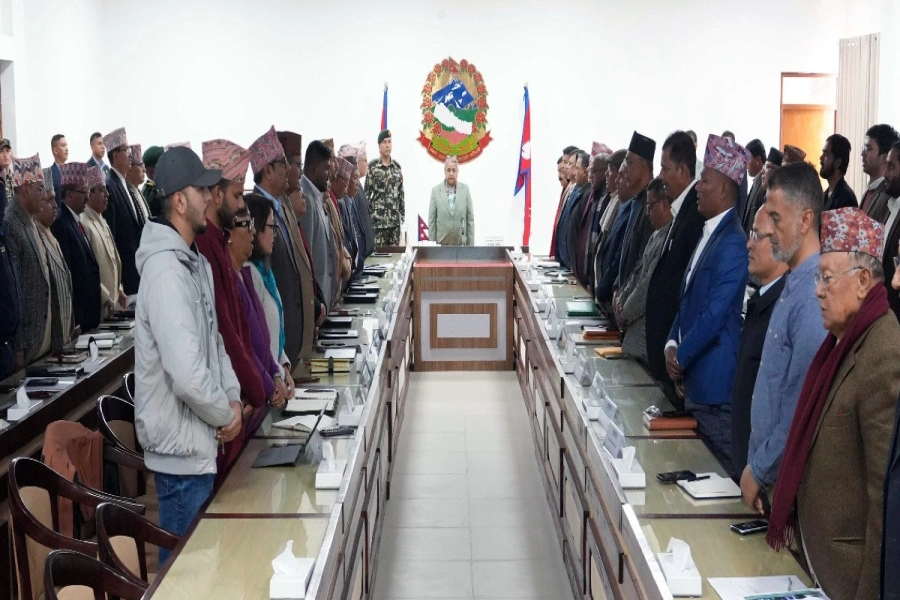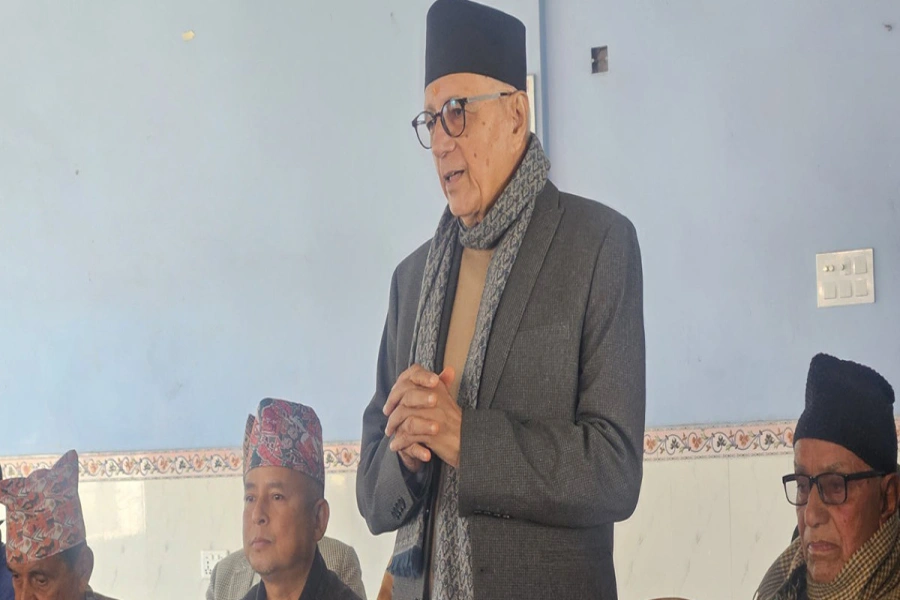Agricultural subsidies have long been a tool used by governments worldwide to bolster the farming sector, ensuring food security and supporting rural economies. Even in developed countries, subsidies play a crucial role in maintaining agricultural viability amidst the competitive pressures of global markets. Farmers are essential to our survival, and they must be encouraged to increase production through appropriate incentives. However, in Nepal, the misuse of agricultural subsidies has become a pressing issue that requires immediate and effective government intervention. Nepal, once known as an agricultural powerhouse, has a history of prioritizing agriculture. This sector significantly contributes to the national economy, providing livelihoods for a substantial portion of the population. Despite this, the country has failed to achieve notable advancements in agricultural productivity and modernization. For decades, governments have claimed agriculture as a priority but have made insufficient efforts to transition from subsistence farming to a commercialized, technologically advanced sector.
Govt brings changes in agricultural subsidy model

The advent of federal governance in Nepal brought hope for a more localized and effective approach to agricultural development. Provincial and local governments, emulating the central government's policies, began distributing subsidies aimed at boosting agricultural output. Unfortunately, these efforts have largely been ineffective, akin to pouring water on sand. The subsidies, rather than fostering growth, have often been misused, leading to minimal tangible benefits. A report by the Office of the Auditor General highlights these shortcomings. In Karnali Province, for instance, Rs 138.46 million was allocated in the Fiscal Year 2022/23 for various agricultural initiatives, including technology promotion, infrastructure development, and animal health services. Additionally, Rs 46.94 million was distributed for interest subsidies. However, the impact of these subsidies on production and employment remains unclear.
The report further reveals significant issues, such as double subsidies to the same entities, lack of accountability, and inadequate monitoring and evaluation. The fundamental flaws in the subsidy distribution system are evident. Subsidies often go to private firms or are duplicated, with no proper accounting for machinery, tools, or enterprise support. The absence of rigorous oversight means that the effectiveness of these subsidies is rarely assessed, leaving a crucial question unanswered: what has been achieved with the allocated funds? To ensure that agricultural subsidies yield the desired outcomes, the government must implement several key reforms, including strengthening monitoring and evaluation, enhancing accountability, focusing on commercialization, and capacity building and training for all concerned stakeholders. Nepal's agricultural sector holds immense potential, but this can only be realized through thoughtful, well-implemented policies. The misuse of agricultural subsidies is a significant impediment that must be addressed with due urgency. This will not only ensure food security but also economic prosperity for all in the country.







































